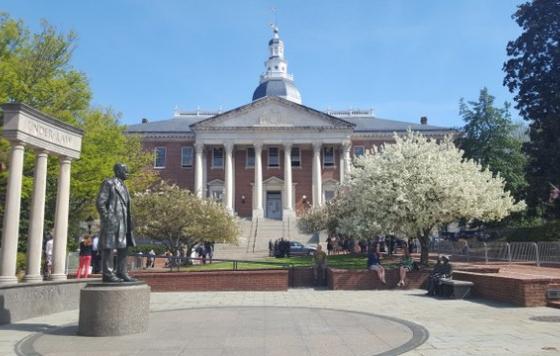
Working town by town to expand energy efficiency and renewables!
For years, Clean Water Action’s team has worked hard to mitigate climate change. We fought for and helped pass the Global Warming Solutions Act in 2008, which set targets to reduce carbon emissions and hold state government accountable for reaching those goals. Over the years, we’ve worked to expand energy efficiency programs, improve access to renewables, fought to restore ratepayer dollars for energy efficiency programs that were raided to plug a state budget gap, hosted the first youth climate rally and advocacy day and participate routinely with members of the legislature and executive branch to advocate for bold action to reduce carbon emissions from the building and transportation sectors.
All of this is important and necessary but one of the best parts of Clean Water Action’s mission is working with local grassroots partners to support efforts in communities that reduces energy demand, helps site more solar panels, or opposes new sources of pollution like the proposed gas fired power plant in Killingly, Connecticut. We co-led the Neighbor to Neighbor challenge—a campaign to help residents in 14 CT towns reduce energy consumption and save money by taking advantage of energy efficiency programs run by the Utilities --Eversource and United Illuminating (UI).
When the Utilities cut back on education and outreach for energy efficiency initiatives, Clean Water Action jumped in. Many towns had set up energy task forces—small groups of mostly volunteers to advance energy policy in town. We worked closely with these grassroots leaders to form the CT Energy Network—an alliance of folks from more than 60 CT towns. We started by hosting monthly calls and biannual meetings to share best practices, updates on programs and learn from each other. It was so exciting to have 60-75 people come out for four hours on a Saturday to network, learn and share!
Enthusiasm for the CT Energy Network continues to grow! We’re now hosting four educational forums per year and doing so virtually has enabled even more residents and experts to participate.
February’s session focused on net-zero energy schools. An expert panel provided detailed guidance to more than 90 energy task force leaders, town planners and school officials. Check out our guest blog post from Gene DeJoannis, CT Energy Network member, on his work on a net-zero energy school.
The upcoming session “PURA 101” will help participants understand the public utility regulatory process and to participate in important dockets.
Stay tuned for additional forums and read more stories about the great work going on in towns, thanks to our CT Energy Network.



